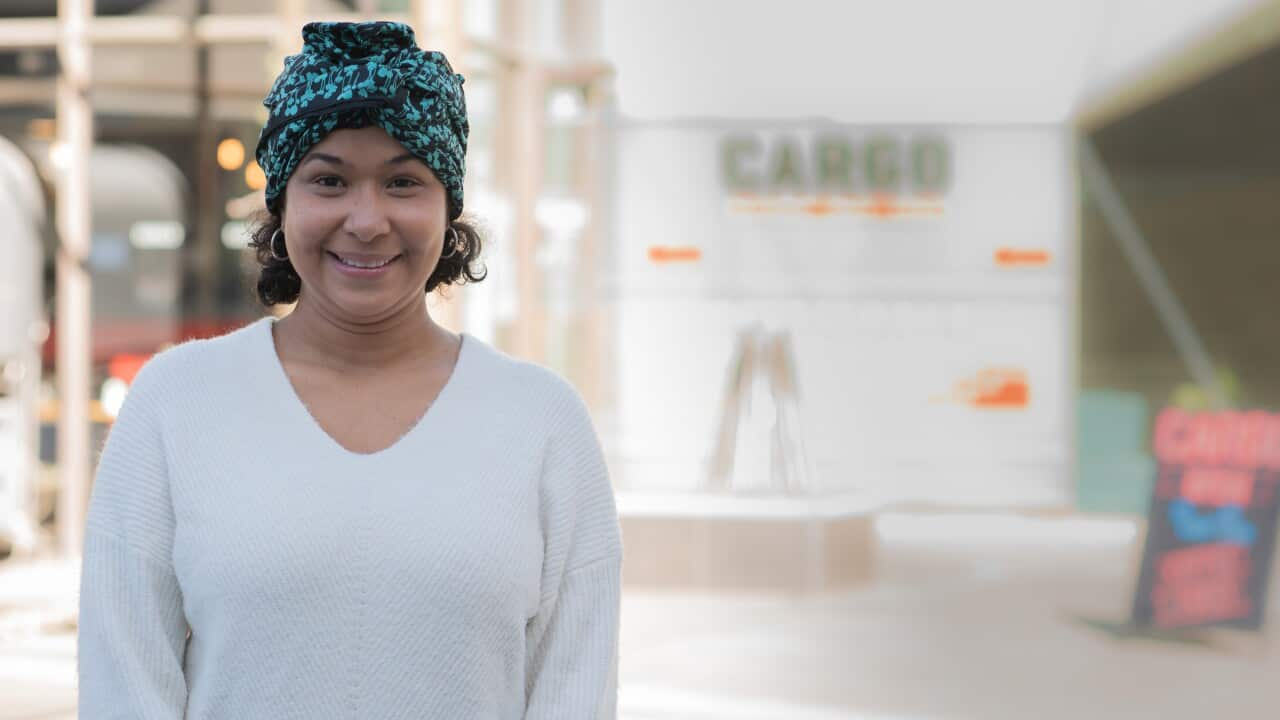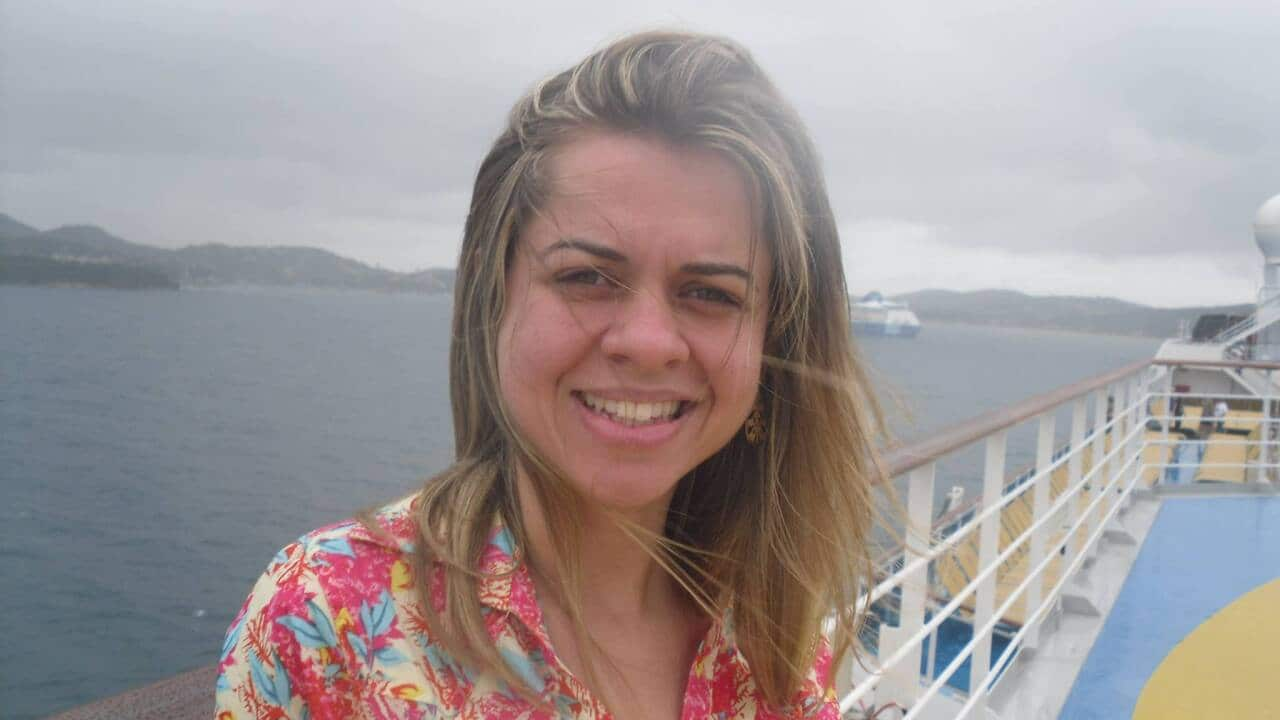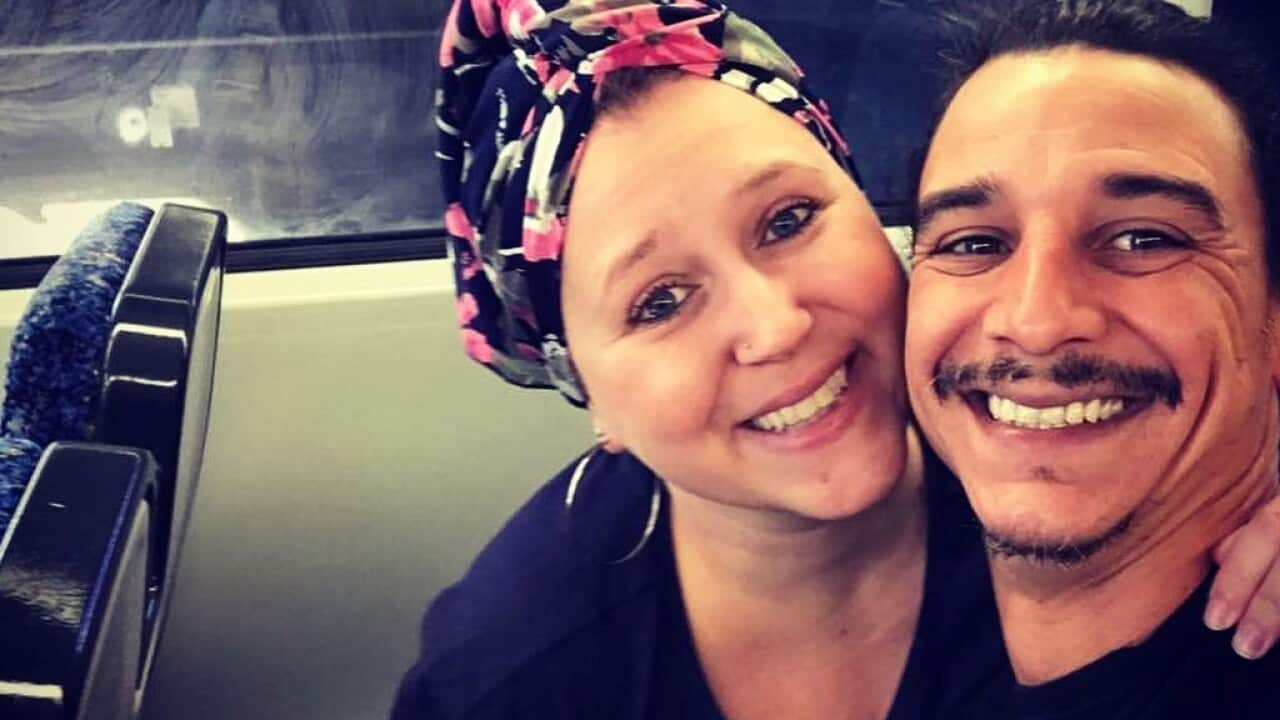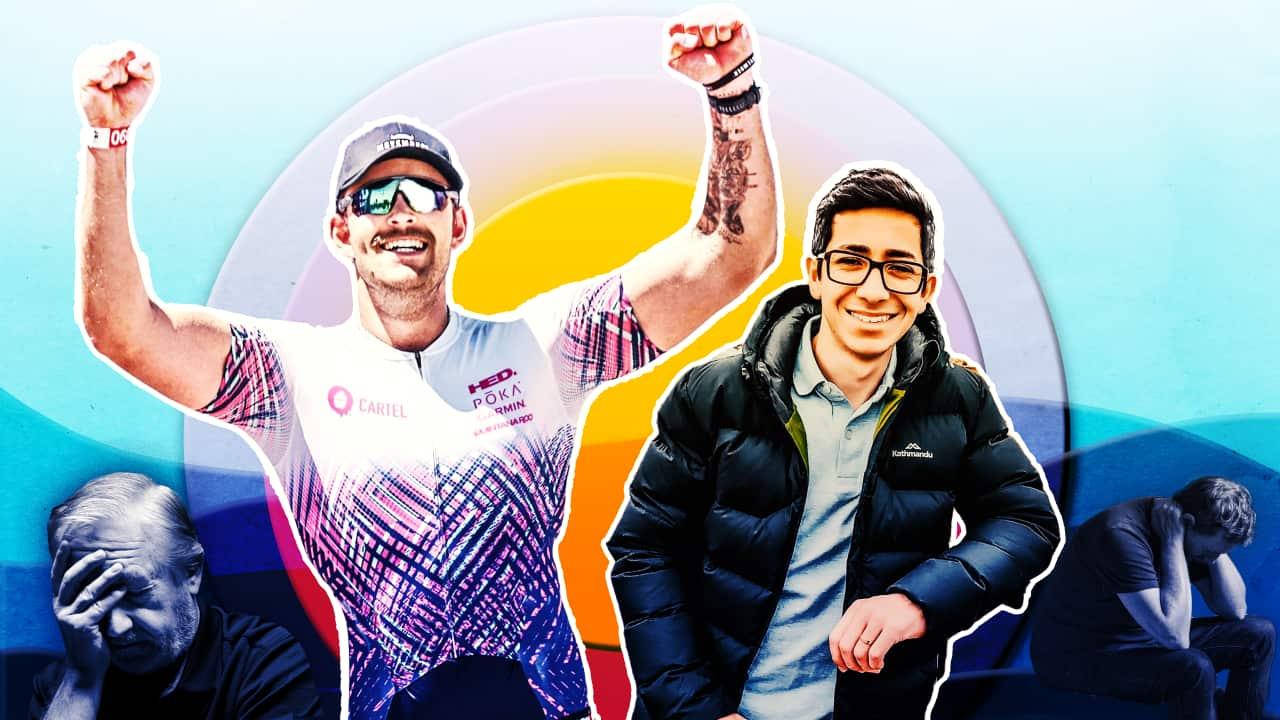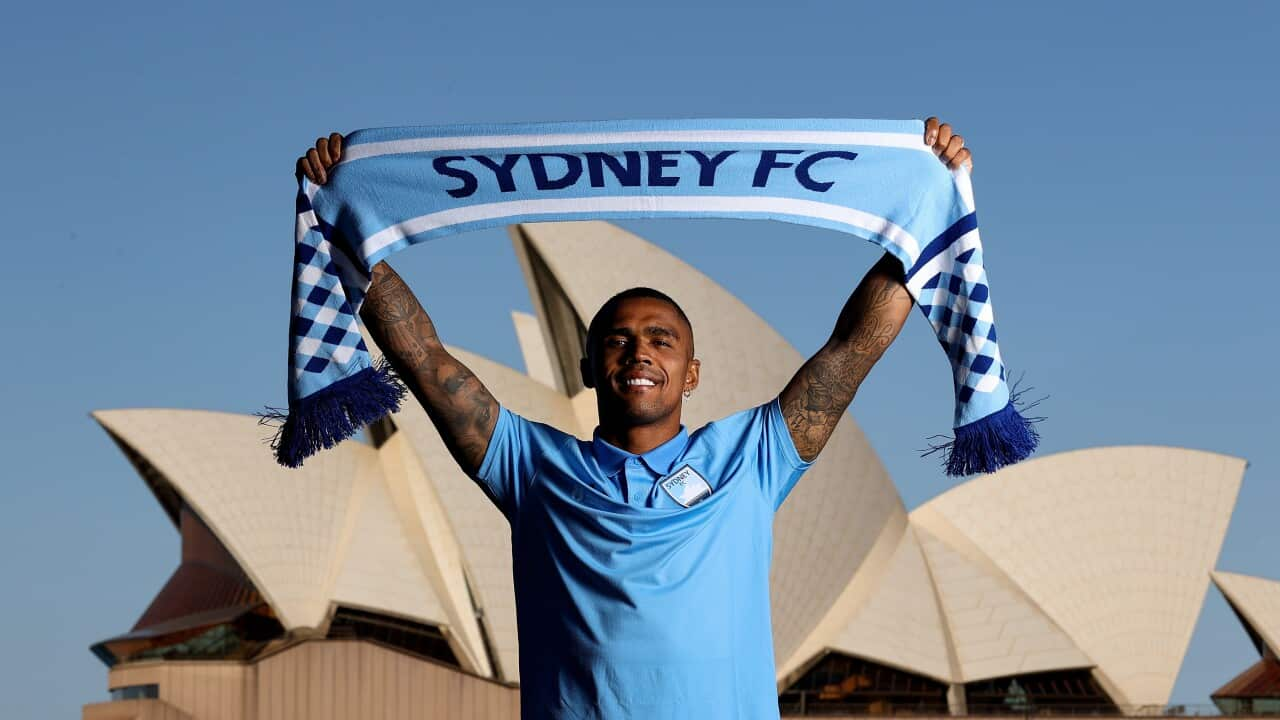Key Points
- October is breast cancer awareness month
- The number of breast cancer diagnoses dropped during the coronavirus pandemic in Australia. The country recorded a drop of 150,000 mammograms for early detection from January to June 2020.
- International student in Australia, Maria Fernanda Obregon, started a six-month chemotherapy treatment to be followed by a mastectomy, radiotherapy and hormone therapy.
When the coronavirus pandemic hit Australia, Maria Fernanda Obregon, from Cali, Colombia, and Adair Tognon, from Brazil, were planning to move from Melbourne to Adelaide. The move was expected to speed up plans for permanent residency after seven years in Australia.
"We had sold everything, and were ready to go to Adelaide but the borders closed and the country went into lockdown," said Ms Obregon. Ms Obregon came to Australia in 2013, as an international student and with no permanent residency, she did not have access to the JobKeeper emergency benefit for Australians affected by Covid.
Ms Obregon came to Australia in 2013, as an international student and with no permanent residency, she did not have access to the JobKeeper emergency benefit for Australians affected by Covid.

"A pandemia está afetando todo mundo, mas ao mesmo tempo as outras enfermidades não ‘pararam’, temos que estar mais cuidadosos," diz Maria Fernanda Source: Supplied
When she was diagnosed with breast cancer, Ms Obregon was told she had to immediately start treatment, doctors prescribed chemotherapy for six months, followed by mastectomy, radiotherapy and hormone therapy.
With her family away in Colombia, breaking the news to the family it would always be hard. "It was a complex process. But I disclosed everything thing, my mother is well informed, my family knows everything that is going on. We are in Melbourne, still in lockdown, I have to do chemotherapy alone, because of Covid's restrictions, but this is the moment we are living in."
I think I'm fine, but we have to be fine, because there is no other way, we have to be positive, calm and confident that everything will work out. When something like this happens, you have a lot of questions - COVID-19 becomes the last thing you think about
The cost of emergency and intensive treatment brought financial problems for the couple. Even with private health insurance, it would not cover the full cost of treatment - in addition to university rent, bills and tuition.
Her husband Adair, who works as a cleaning supervisor in a commercial building, had some income, but that would not be enough either.
The solution was to appeal to the Latin and Brazilian community in Australia. Friends and co-workers started a fundraising campaign on Facebook and managed to raise AUD$ 30,000 from its AU $ 45,000 target.
"I am grateful and surprised, the Colombian, Brazilian, Australian communities, the fundraising campaign to help me with all this treatment, I don't know how long I will be without work. I still have to go through surgery and other things that I don't know it but will surely come up. "
Students like me, who also lost their jobs, who are suffering from the pandemic, helped me financially with what little they had - that's the beautiful part in the middle of it all.
Ms Obregon says that the chemotherapy sessions are working, the cancer in stage 3 has disappeared, of the 3 tumors, now there are only two. "It does not mean that I am cancer free, but I am happy that everything is going well," she says.
"Fighting, being positive, despite 'cancer' being a strong word, it is treatable, everything in life is fleeting, the important thing is to live day by day and not worry."
